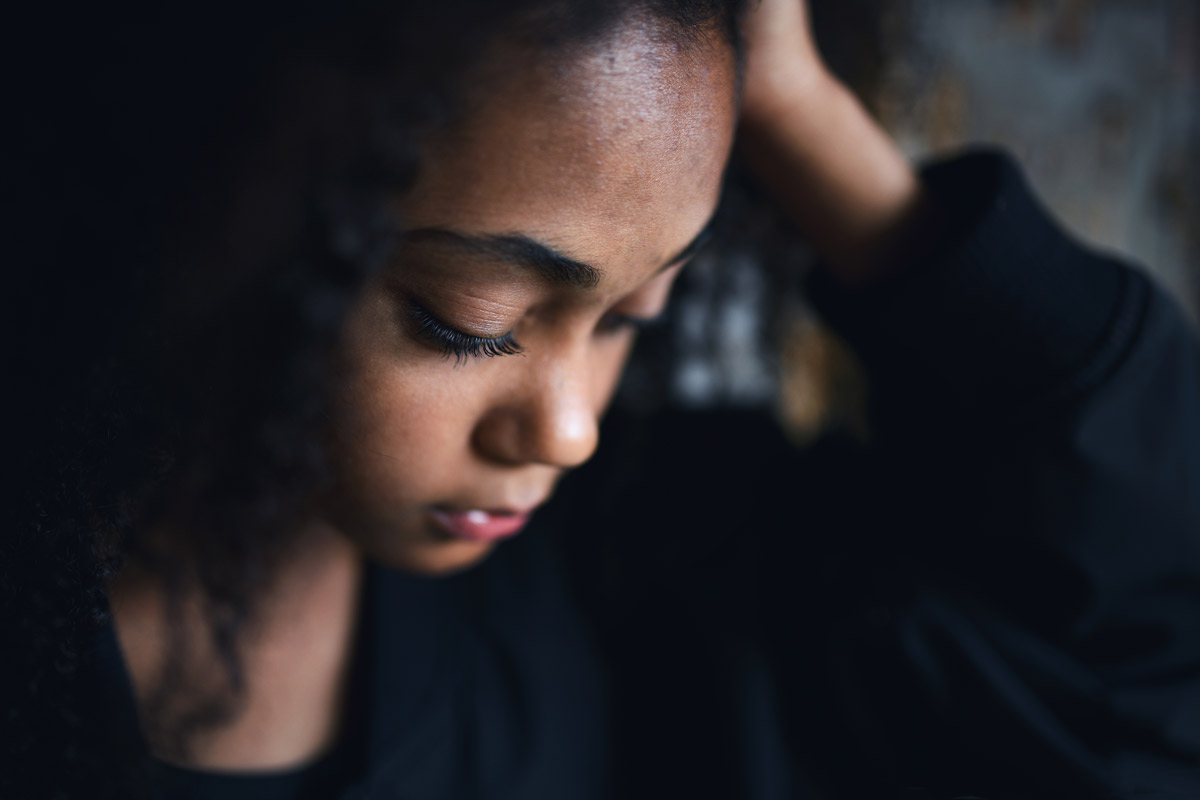Bullying
What is it?
Bullying behaviours begin in early childhood. Children as young as age 3 have been found to participate in bullying as children of this age are quick to express their emotions and aggression because they are still learning about emotional regulation. During the early years, children experiment with different ways of behaving, and it’s important for caring adults to recognize that some of these behaviours may be precursors to bullying. Some of these behaviours may include saying threatening things, falsely accusing others, or refusing to play with particular children. These pre-bullying behaviours, while hurtful, are not considered bullying because they are not done to deliberately and repeatedly hurt another child. However, if they are allowed to continue, these behaviours are likely to turn into a pattern of bullying.
Pre-bullying behaviours may also encourage other children to engage in the same behaviours. If left unchecked, patterns of bullying may continue into adolescence and even adulthood.
Bullying is a form of emotional or physical abuse that has three defining characteristics:
- Deliberate—A bully’s intention is to hurt someone
- Repeated—A bully often targets the same victim again and again
- Power imbalanced—A bully chooses victims he or she perceives as vulnerable
There are four types of bullying:
- Physical bullying (e.g. hitting and pushing)
- Verbal bullying (e.g. yelling and name-calling)
- Relational bullying (e.g. excluding or getting others to hurt someone)
- Cyberbullying—involves using the Internet, cell phones, or other digital forms of communication to post or send hurtful messages. Cyberbullying can become an issue for older children but it is not yet a concern for children under the age of 6.
What behaviours should I pay attention to?
Signs that the child is being bullied:
- avoiding school (e.g. saying they are ill, leaving school early or skipping certain classes)
- complaining of recurring physical symptoms that don’t seem to have a medical cause (e.g. stomach aches or headaches)
- disrupted sleeping or eating habits
- showing signs of depression or anxiety (e.g. extreme tiredness, sadness, and social isolation)
- acting aggressively towards siblings or family members
- losing interest in favourite activities
- coming home with inexplicably damaged or missing clothing or belongings
- express the intent to harm themselves
Signs that the child is being a bully:
- displaying aggressive behaviour
- gets easily frustrated
- showing a lack of empathy
- refusing to spend time with certain friends or groups
- blames others for behaviour
- teasing and taunting other children
What can be done?
Model open communication. Modelling open communication will make it more likely that the child will feel comfortable talking to you about difficult things. Children will talk about bullying when they know they will be heard – that you will listen and help.
Model good behaviour. Children learn how to behave and form relationships by watching the adults in their lives.
If you suspect that the child is being bullied, get curious and ask questions about their school life. Ask open-ended questions, listen carefully and be supportive.
Address bullying early before it becomes established behaviour. Respond calmly and reassure the child.
Work with the child’s school. Speak with a teacher or a member of the school administration and ask for support.
Where can I access support?
Look for support services that can help identify if the child is bullying or being bullied. Reach out to school administration, teachers and school counsellors for support.
The child’s family doctor or pediatrician can help you find the right support if you believe bullying is impacting the child’s mental health.
Talk to the child’s guardianship worker to explore support services and resources.
Phone
Main:
604-544-1110
Toll-Free Foster Parent Line:
1-800-663-9999
Office hours: 8:30 am - 4:00 pm, Monday to Friday
PROVINCIAL CENTRALIZED SCREENING
Foster parents are encouraged to call this number in the event of an EMERGENCY or CRISIS occurring after regular office hours:
1-800-663-9122
REPORT CHILD ABUSE
If you think a child or youth under 19 years of age is being abused or neglected, you have the legal duty to report your concern to a child welfare worker. Phone 1-800-663-9122 at any time of the day or night. Visit the Government of BC website for more info.
address
BCFPA Provincial Office
Suite 208 - 20641 Logan Avenue
Langley, BC V3A 7R3
contact us
Fill out our contact form...

News
Site menu
Subscribe to Our Newsletter
Charitable Registration #
106778079 RR 0001
Our work takes place on the traditional and unceded Coast Salish territories of the Kwantlen, Katzie, Matsqui and Semiahmoo First Nations. BCFPA is committed to reconciliation with all Indigenous communities, and creating a space where we listen, learn and grow together.
© 2021 BC Foster Parents. Site design by Mighty Sparrow Design.
